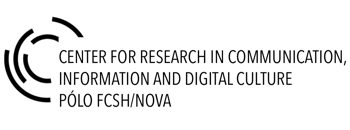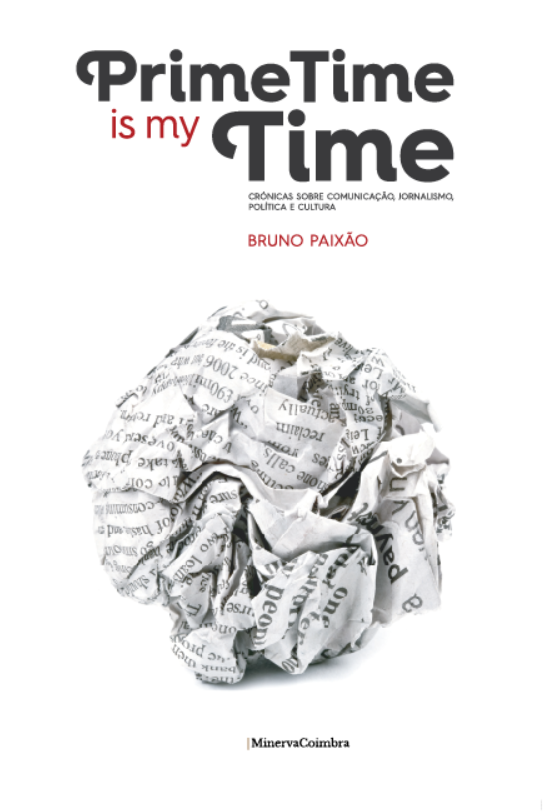“Radio on the Borders – Cartographies of Community, Free and Alternative Broadcasting”
Radio – now reconfigured by digitization processes that, on the one hand, stimulate business concentration and, on the other, offer breaches for the emergence of new actors – has been the object of growing academic interest in many countries, but there is a lack of knowledge concerning social mediation exercised by community, free and/or alternative radios, mainly in the Ibero-American context.
Open access Logos Journal, edited by the Postgraduate Program in Communication of the State University of Rio de Janeiro (PPGCom/UERJ) and indexed by DOAJ and Latindex, invite colleagues to submit theoretical and/or empirical research contributions, upon the production, circulation and consumption of radiophonic content on the margins of the sound broadcasting industry.
Articles may focus (but should not be limited to) the following topics:
• Regulatory, juridical uncertainties and the impacts of public policies faced by broadcasters operating with and without legal authorization;
• Plurality and diversity of voices in the radio developed at the borders of the sound broadcasting industry;
• New formats, languages and aesthetic experiences in the scope of alternative, popular and/or community radio and sound media;
• History and memory of alternative, popular and/or community broadcasting in Brazil and in other countries;
• Case studies and audience research on alternative, popular and/or community radio experiences in both radio waves and digital platforms
Deadline: April 30, 2017
Articles must be up to 6.500 words and submitted in Portuguese, Spanish or English, through the website: http://www.e-publicacoes.uerj.br/index.php/logos/about/submissions#onlineSubmissions. Please consult the guidelines for authors.
Logos Journal
Editors: Márcio de Souza Gonçalves, Patrícia Rebello and Sonia Virgínia Moreira
Dossier editor: Marcelo Kischinhevsky and Sonia Virgínia Moreira
————-
Llamada de trabajos – Revista Logos – 1ª edición 2017
Dossier “Radio en los bordes – Cartografía de la radiodifusión comunitaria, libre y alternativa”
Revista Logos, publicación de acceso libre del Programa de Estudios de Posgrado en Comunicación de la Universidad del Estado de Río de Janeiro (PPGCom/UERJ) indexada en DOAJ y Latindex, invita a los investigadores a presentar artículos para la edición de enero-abril de 2017, vol. 24, no. 1, que traerá el dossier temático “Radio en los bordes – Cartografías de la radiodifusión comunitaria y alternativa libre”. Se aceptarán contribuciones inéditas, teóricas y/o resultantes de investigación empírica, que vengan a ofrecer reflexiones sobre la producción, circulación y consumo de contenidos de radio que se producen en los márgenes de la industria de la radiodifusión. La radio – ahora reconfigurada por los procesos de digitalización que, por un lado, estimulan la concentración empresarial y, por otro, abren paso para el surgimiento de nuevos actores – ha sido objeto de creciente interés académico, pero se quedan brechas en la construcción del conocimiento, especialmente en relación con la mediación social ejercida por las estaciones de radio comunitarias, libres y/o alternativas en el contexto iberoamericano. Tendrán una atención especial en este dossier temas tales como:
• La incertidumbre regulatoria, la inseguridad jurídica y el impacto de las políticas públicas que se enfrentan los emisores de radiodifusión que operan con y sin autorización legal;
• La pluralidad y diversidad de voces en la radio que crece en los bordes de la industria de la radiodifusión;
• Nuevos formatos, idiomas y experiencias estéticas desarrolladas en el contexto de la comunicación comunitaria, alternativa y/o popular de radio y otros medios sonoros;
• Historia y memoria de la radiodifusión alternativa, popular y/o comunitaria en Brasil y en el mundo;
• Los estudios de casos y las investigaciones de la audiencia en el marco de la radio comunitaria, alternativa y/o popular, tanto en las ondas de radio como en plataformas digitales
Fecha: 30 de abril, 2017
Se aceptan contribuciones en portugués, español o inglés, a través del sítio: http://www.e-publicacoes.uerj.br/index.php/logos/about/submissions#onlineSubmissions. Le rogamos observar las directrices para los autores.
Revista Logos
Editores: Márcio de Souza Gonçalves, Patrícia Rebello e Sonia Virgínia Moreira
Editores invitados para el dossier: Marcelo Kischinhevsky y Sonia Virgínia Moreira
——————
Chamada de trabalhos – Revista Logos – 1ª edição de 2017
Dossiê “Rádio nas bordas – Cartografias da radiodifusão comunitária, livre e alternativa”
A Revista Logos, vinculada ao Programa de Pós-Graduação em Comunicação da Universidade do Estado do Rio de Janeiro (PPGCom/UERJ) e avaliada no Qualis/Capes no estrato B1, convida pesquisadores a participar de chamada de trabalhos para a edição de janeiro-junho de 2017, v. 24, n. 1, que trará o dossiê temático “Rádio nas bordas – Cartografias da radiodifusão comunitária, livre e alternativa”. Serão aceitas contribuições inéditas, teóricas e/ou resultantes de pesquisa empírica, que ofereçam reflexões sobre a produção, a circulação e o consumo de conteúdos radiofônicos que se dão às margens da indústria da radiodifusão sonora. A radiofonia – hoje reconfigurada por processos de digitalização que, de um lado, acirram a concentração empresarial e, de outro, oferecem brechas para o surgimento de novos atores – vem sendo objeto de crescente interesse acadêmico, mas restam lacunas na construção de conhecimento sobretudo em relação à mediação social exercida pelas rádios comunitárias, livres e/ou alternativas no contexto ibero-americano. Terão especial atenção no presente dossiê tópicos como:
·As incertezas regulatórias, a insegurança jurídica e os impactos das políticas públicas enfrentados pelas emissoras que operam com e sem autorização legal;
·Pluralidade e diversidade de vozes na radiofonia que se desenvolve nas bordas da indústria da radiodifusão sonora;
·Novos formatos, linguagens e experiências estéticas desenvolvidos no âmbito da comunicação alternativa, popular e/ou comunitária em rádio e mídia sonora;
·História e memória da radiodifusão alternativa, popular e/ou comunitária no Brasil e no mundo;
·Estudos de casos e pesquisas de audiência sobre experiências de comunicação radiofônica alternativa, popular e/ou comunitária, tanto em ondas hertzianas quanto em plataformas digitais
Submissões devem ser enviadas até *30 de abril de 2017*, em português, espanhol ou inglês, através do endereço eletrônico: http://www.e-publicacoes.uerj.br/index.php/logos/about/submissions#onlineSubmissions. Pedimos a gentileza de observar as diretrizes para os autores.
Revista Logos
Editores: Márcio de Souza Gonçalves, Patrícia Rebello e Sonia Virgínia Moreira
Editores do dossiê: Marcelo Kischinhevsky e Sonia Virgínia Moreira


